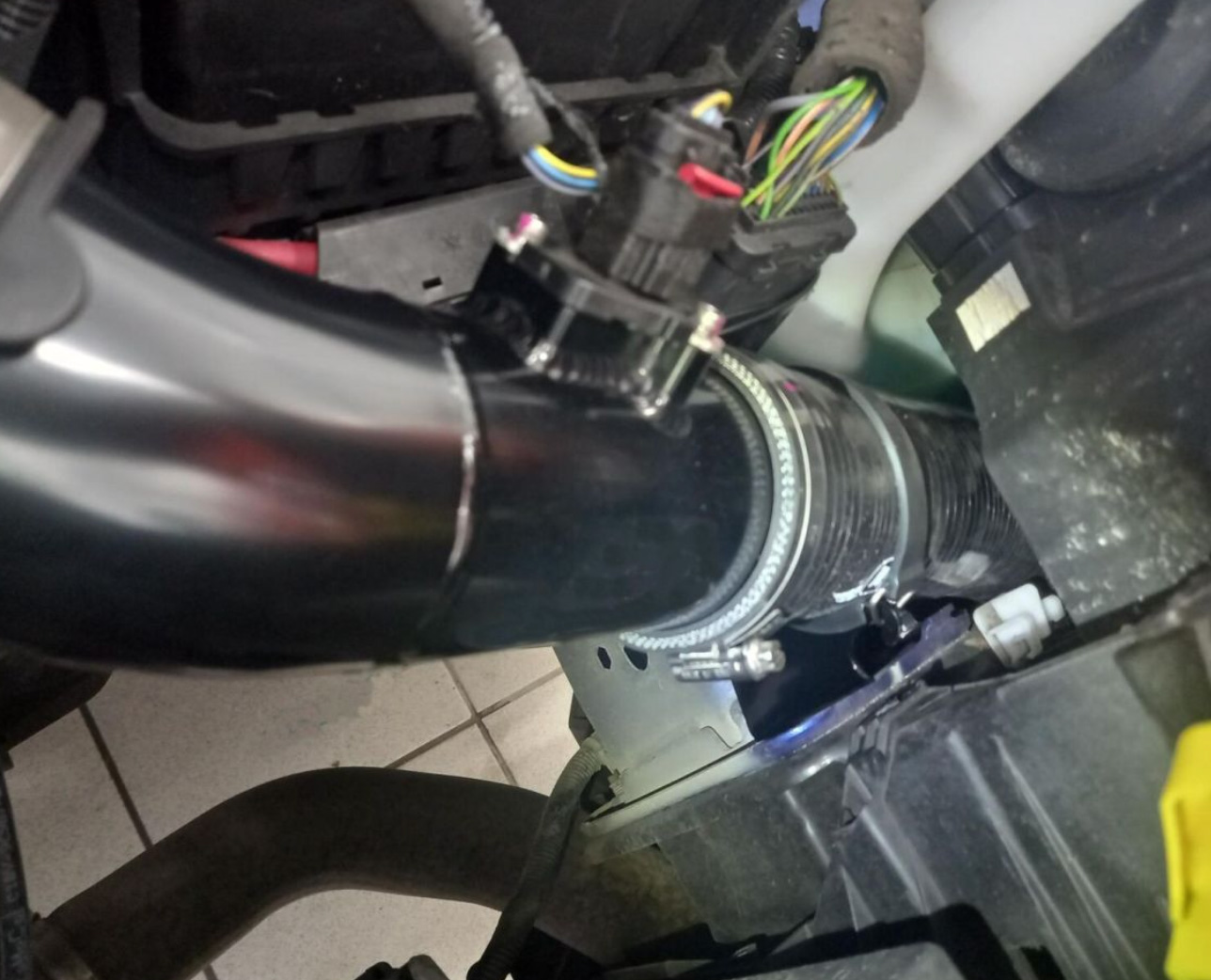Selling performance cars? Make sure you’re singing to the right tune, says TV’s Paul Cowland
A performance car garage in West Yorkshire has been ordered to pay out thousands of pounds for carrying out an illegal alteration on a car. The landmark prosecution, brought by the Driver & Vehicle Standards Agency (DVSA), saw Wakefield-based AET Motorsport convicted on November 13 and told by Kirklees magistrates to fork out GBP7,234 in fines and costs for fitting an unsuitable vehicle part that would make the vehicle illegal to use on roads. The DVSA said its investigation had revealed that AET Motorsport had been openly advertising illegal alterations[1] to vehicles that were likely to be used on the road.

Its market surveillance unit said the tuning company carried out alterations to a car to remove the catalytic converter and apply modified software to the engine control unit in order to increase its noise levels.
Sentencing AET Motorsport, the magistrates were reported as saying the case was rightly brought by the DVSA and it was a lesson that any business owner was obliged to know the law. Here, Paul Cowland, who presents classic car restoration shows including Salvage Hunters: Classic Cars and Motor Pickers, gives his thoughts about it. What does it mean for the tuning industry and those who sell performance cars?

----------------------------------------------------------------------
For as long as cars have been on sale, there has been an innate desire from owners to make their own differ from their peers' cars or be faster or louder than their neighbours' vehicles. Since the very early days of coach-building, car ownership has always been about taking what everyone else has and making your very own example just a little better. Anyone who's unlucky enough to be as old as I am will remember wonderful magazines such as Car and Car Conversions in the '70s and '80s, or if you're a little younger, titles like Max Power in the early Noughties.
British car culture has always embraced the desire to go faster, brake later and drive with a more sonorous soundtrack - and to that end, a multi-billion-pound tuning industry has grown up to cater for the myriad wheels, spoilers, bodykits, seats and trinkets that owners dream of. Anyone who retails high-performance or moderately quick cars will know just how well tastefully modified cars can sell, how a more purposeful stance or larger set of wheels can give a car true showroom appeal and tempt a buyer past the point of interest and into a reaching for that debit card, or how a sensibly executed remap can add driver enjoyment, performance and even, in some cases, economy. Where it all come undone, though, is where you find retailers advertising highly questionable modifications such as decatalysed exhaust systems.
The law is very clear here on what can and can't have this done, and to rapidly paraphrase, if your car was registered after March 2001, it's going to need to have a type-approved catalyst fitted. Last week's DVSA case announcement from its market surveillance unit shows it is actively seeking out retailers that aren't adhering to this, then 'mystery-shopping' them with a credible performance car to gather evidence of the transaction, then moving to prosecution. In this case, it wasn't only the maximum fine but also all of the costs on top, leaving the dealer in question with a judgment on their record and a bill of more than GBP7,000.
So, does this mean the end of tuning? The last hurrah for the petrolhead? Well, thankfully not.
The tuning industry has not only seen this coming a long way down the road, but has already taken extensive steps to create a consumer-friendly environment in which people are able to choose totally road-legal and socially acceptable modifications that won't just keep the DVSA and your local law enforcement happy, but also your MOT tester. And that has to be good for business. The trade federation that covers the biggest and brightest names in the tuning industry is the PAAA, or Performance Automotive Aftermarket Association (paaa.eu.com[2]).
It looks after around 65 well-known tuning brands and retailers and in January this year it launched its Smart mark campaign. Smart stands for 'Safe Modification and Responsible Tuning' and if you think of it as a CE-type mark for tuning products, you wouldn't be far wrong. In short, if you see a tuning product or outlet advertising these products and services, you'll know that they're fully road-legal and have been fitted by those that operate under a very strict code of DVSA-compliant conduct.
So, does this mean that the tuning industry is growing up? I would say that it does, and if we're being honest, it's probably a very timely move.

The illegal alteration that was carried out on the car by AET Motorsport.
Picture via the DVSA's LinkedIn page The beady eye of legislation is understandably looking at what has been a relatively unregulated industry and expecting us to get our house in order. If we are clever enough to do that ourselves and present them with a decent solution, they may very well leave us alone, at least for the foreseeable future.
Those tuning companies generate a huge amount of PAYE and taxation payments, after all. Don't shy away from the performance market, as it's about to enter its most exciting phase yet. It's just a little more responsible, that's all.
It's merely a case of telling your customers to fit a 200-cell sports cat instead of a decat pipe, and choosing subtle burbles instead of pops and bangs for their remap.
They'll have just as much fun, be going just as fast, but we'll all stay out of hot water.
Pictures via DVSA's LinkedIn page
References
- ^ AET Motorsport had been openly advertising illegal alterations (www.linkedin.com)
- ^ paaa.eu.com (www.paaa.eu.com)